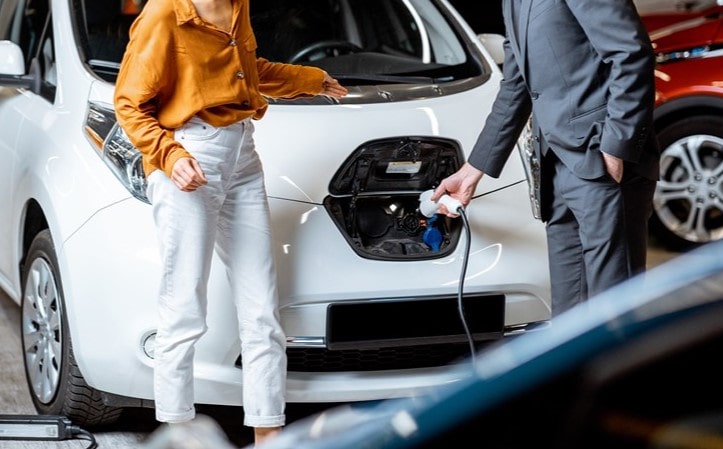Disabled drivers are poised to benefit from a pioneering initiative aimed at enhancing the accessibility of electric car charging points. The Government has initiated a consultation, in partnership with the British Standards Institute (BSI), to establish a standardized design for electric car chargers.
This endeavor seeks to address a range of accessibility challenges, including environmental placement, spacing, and design, all with a focus on disability cars.
The new standard will encompass critical aspects such as charge point dimensions, including height, cable weight, and screen tilt angles.
These adjustments aim to enhance usability for individuals using wheelchairs. Additionally, the payment interface of charging points will be modified to cater to neurodivergent individuals, such as those with dyslexia.
By implementing this standard, the goal is to foster a more inclusive charging environment for disabled drivers. The BSI anticipates that there will be approximately 2.7 million disabled drivers in the next decade. The Motability charity, which offers affordable leasing options for cars and wheelchair-accessible vehicles to disabled individuals, is sponsoring this endeavor.
Despite the increasing reliance on public charging points projected for disabled drivers by 2025, challenges persist. Barry Le Grys, the Chief Executive of Motability, points out that disabled drivers currently face a myriad of obstacles when using public charging facilities. These range from unclear payment instructions to unwieldy charging cables and confined space in charging bays.

One of the key objectives of this consultation is to ensure consistency among charging points, particularly those designed for disability cars. This aligns with a recent Government announcement emphasizing the improvement of charging infrastructure. The measures include enabling contactless payments at all chargers and an ambitious plan to increase public chargers tenfold by 2030, a pivotal year as new petrol and diesel car sales will be prohibited.
Notably absent from the consultation announcement are references to future technologies like wireless charging pads, a development with potential benefits for disability cars. In a 2020 report by Motability and Ricardo, an engineering firm, these pads were identified as a “promising solution” for accessibility. They eliminate the need for physical interaction with a charging point. However, widespread availability of this technology is not anticipated until later in this decade.
Charging company Char.gy is presently conducting trials of wireless chargers in Buckinghamshire using ten Renault Zoe small electric cars, a potential game-changer for disability cars.
source: whatcar.com









